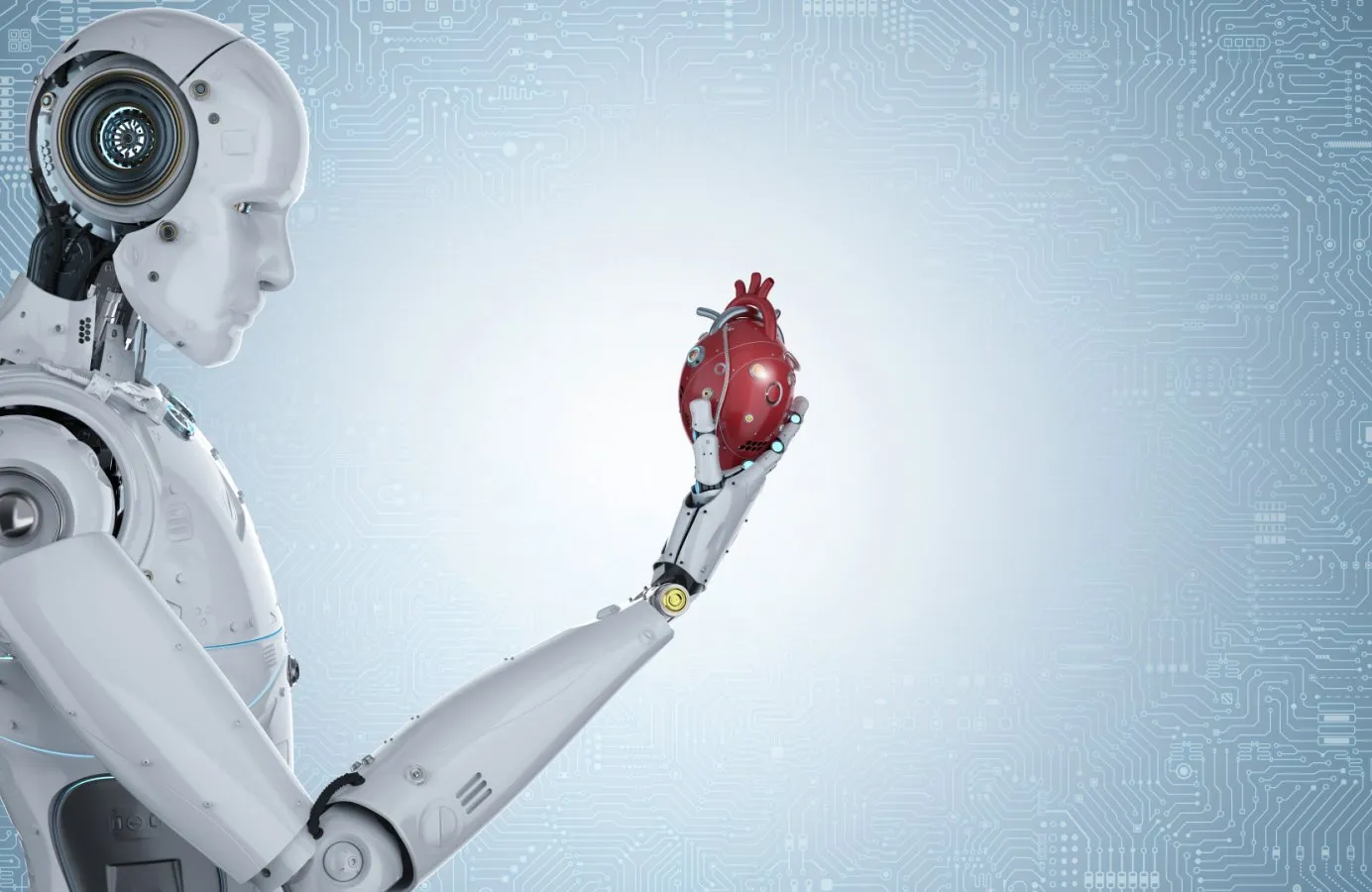
Robotic Process Automation to Mitigate the COVID-19 Impact and Enable Future Operations
The outbreak of COVID-19 has pushed the world into uncharted territory. For businesses the impact is of course also profound! How do we maintain business as normal when the majority of the workforce is required to work remotely, with limited access to the office and face-to-face contact? Given such challenges, the value of remote work arrangements, as well as automated/digitalized service delivery, has never been more imperative. Across the world there are many examples of where Robotic Process Automation (RPA) and broader digitalization is helping organizations tackle this global pandemic.
In the US, the RPA team at the General Services Administration has developed a national COVID-19 bot to speed up collection of infection count data in counties where it manages federal buildings. Several leading RPA vendors are also donating licenses and resources available to organizations that are at the front line to fight COVID-19 for the public benefit.
Is automation the silver bullet for you to tackle a global pandemic like COVID-19?
As the leading research firm Horses for Sources (HfS) says “If there’s ever been a time we needed a digital workforce to augment humans, it’s now.” Is automation the silver bullet for you to tackle a global pandemic like COVID-19, and boost your Business Services Resiliency? Will it lead to a boom of Robotic Process Automation and workforce digitalization? How automation develops as businesses make changes to conquer the challenges and make the most of the opportunities associated with remote working is a work in progress. However, what is clear is that the use of robotic process automation (RPA) can assist in business continuity, resiliency and flexibility, during a time when available manpower and traditional ways of working are being significantly disrupted.
RPA can support a more resilient, scalable, and adaptable business operating model
RPA will not be a nirvana solution, fixing everything in the current situation, but it can help cover for process GAPs where individuals working from home are not able to process what is required (due to technical or access restrictions), or the processing speed has been adversely impacted. RPA can help to ensure processes will have the capability to operate critical business functions during emergency events, and support access and interfaces with key tools and applications. In the absence of on-site interaction and communication, RPA and chatbots can also be used to support employees with questions relating to internal processes and meeting needs.
We believe that the pandemic accelerates trends that were already in place, and was maybe even stalling a bit, including specifically the design, roll-out and scaling of RPA and other Intelligent Automation initiatives. RPA, and more broadly digitalization, can support a more resilient, scalable, and adaptable business operating model for the support of ongoing operations, both during and post COVID-19.
Here are some more readings relating to RPA:
- 7 steps to successfully deploying RPA in your enterprise
- Intelligent Automation Process Selection 101
- Four best practices for your Intelligent Automation journey
- RPA is potentially a game changer but …
- How to determine if & when your IA initiatives might be ready for a Center of Expertise
Found out how Chazey Partners can help you with your RPA journey













